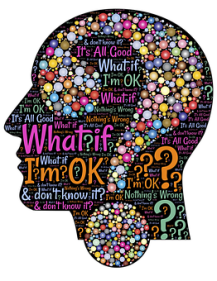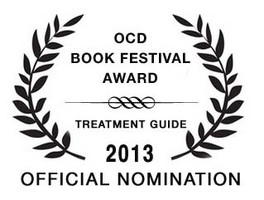
Generalized Anxiety Disorder
Symptoms of Generalized Anxiety Disorder:
Generalized anxiety disorder (GAD) is characterized by chronic anxiety and worry about stressful life circumstances that is out of proportion to the true or realistic likelihood of the feared events. Individuals with GAD often have constant worries, feeling anxiety is uncontrollable, and a pervasive feeling of dread or apprehension. GAD includes at least three of these symptoms:
- Being restless/keyed up
- Easily fatigued
- Difficulty concentrating or focusing
- Irritability
- Muscle tension
- Difficulty sleeping
- Stomach discomfort
Generalized anxiety disorder usually causes high distress and difficulties functioning at school, work, social life and other daily activities. Often, individuals engage in procrastination and avoidance because of overwhelmed feelings.
Treatment of Generalized Anxiety Disorder:
Effective treatment for GAD involves cognitive-behavioral therapy (CBT) and the development of effective coping tools. CBT involves cognitive restructuring, which allows one to learn to challenge the accuracy of anxious thoughts. Skills are developed to identify negative thoughts (e.g., “what-ifs”) and behaviors and replace them with more positive, reasonable thoughts and behaviors. Coping strategies such as relaxation techniques help calm and soothe the physical sensations of anxiety (e.g., heart racing or pounding, muscle tension). Coping strategies such as assertiveness training and relationship enhancement help develop reassurances for feeling healthier and more secure.
Examples of therapy goals for treating generalized anxiety disorder include:
- Cognitive therapy to overcome negative thinking. Learning how to re-think and re-label to develop more realistic ways of thinking and changing mistaken beliefs and perspectives.
- Teaching relaxation techniques, deep breathing, and visualization for anxiety reduction.
- Problem-solving and assertiveness skills for difficult situations.
- Developing stress management strategies.
- Decreasing perfectionism, the excessive need to please others, self-criticism and the fear of making mistakes.
- Resolving interpersonal conflicts.
- Developing relapse prevention strategies.




